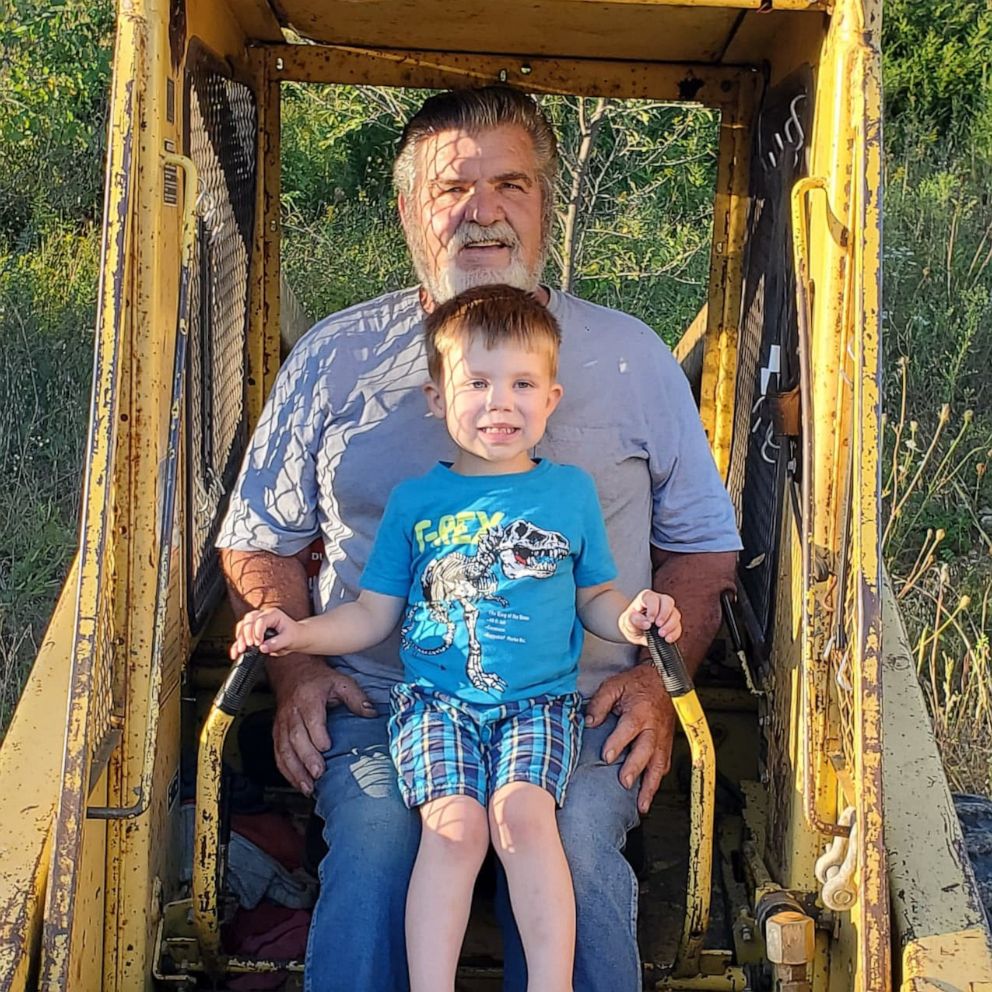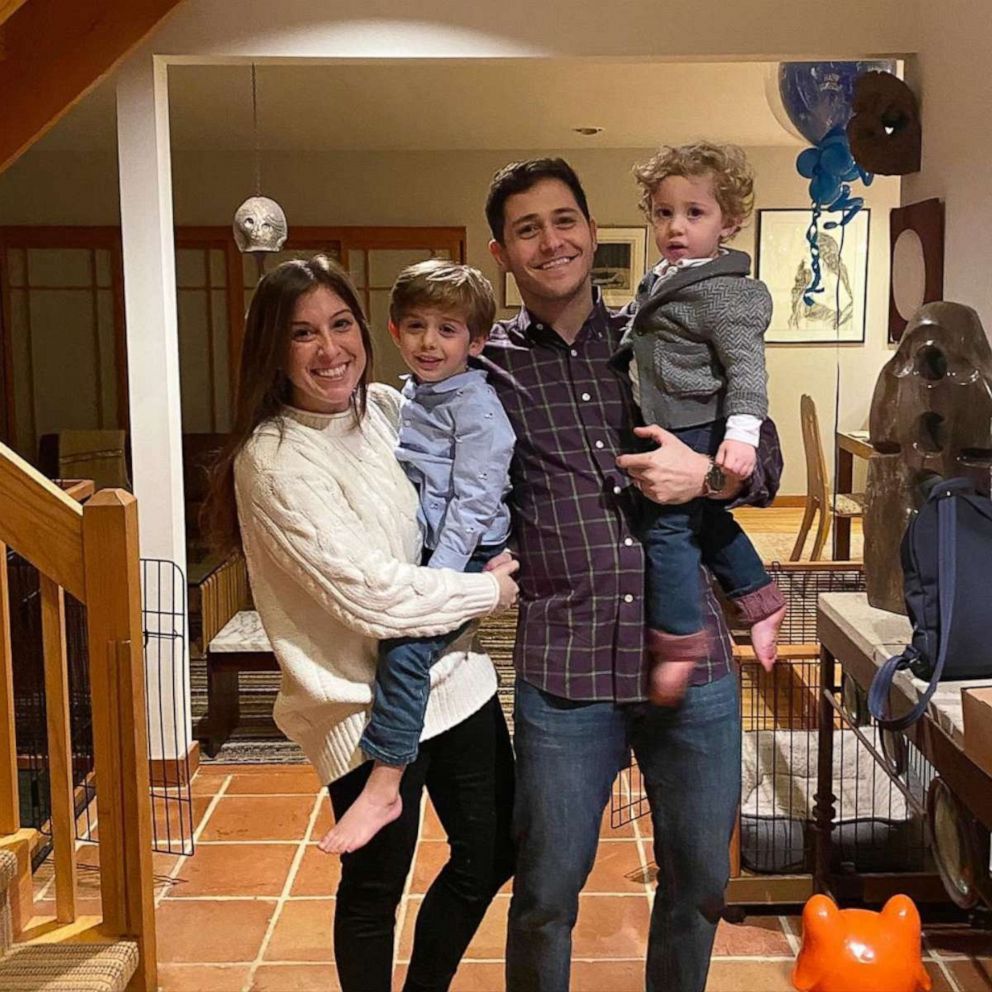Staggered schedules, limited sharing: What summer camp might look like amid COVID-19
The CDC has published a guide to opening camps this summer.
With several states announcing that summer camps will open as early as next month and parents in other states anxiously awaiting the decision, parents and children should prepare that even if opened, summer camp will look different this year.
The Centers for Disease Control and Prevention has published a three-part guide to opening camps. One of the first questions the CDC suggests camps ask is if they are "able to screen children and employees upon arrival for symptoms and history of exposure."
If summer camps were to follow the CDC's recommendations, employees would wear face masks. It does not make mention of face masks on children.
Social distancing would be encouraged and mixing between groups discouraged. Staggered schedules and drops offs are suggested where feasible.
The CDC recommends activities be "adjusted" to limit sharing of toys, belongings, supplies and equipment.
In April, Tom Rosenberg, president and CEO of the American Camp Association, told "GMA" that whether or not children can go to camp this summer may depend on where the camp is located. "So we are trying to look ahead and understand with the help of the CDC [U.S. Centers for Disease Control and Prevention] and the state and local public health authorities, what needs to be true this summer in order for camps to operate safely," he said.
Rhode Island is the most recent state to say summer camps will be open. Gov. Gina Raimondo said Thursday that the state would target an opening camp date of June 29. Campers, she said, would be organized into "pods" of roughly 10 children and will remain consistent throughout the camp experience. There would be limited interaction with other "pods." Children and adults will be screened via a checklist on arrival, and anyone showing symptoms of any sickness will not be allowed to attend.
In Georgia, another state where summer camps will be open, groups of up to 20 adults and children are allowed with no social distancing requirement. The groups would be together for the duration of camp and would not mingle with other groups. Parents will stay in cars at drop off. Children and workers are to be checked for fever and other COVID-19 symptoms daily.
In Connecticut, camp programs will be limited to 30 children total.
Virtual programs will likely be more popular this summer than ever before, particularly in hard-hit areas where camps are unlikely to open. Common Sense Media rounded up a list of free programs for kids that range from PBS Kids for Parents to Maker Camp.
This article was originally published on May 15, 2020.






